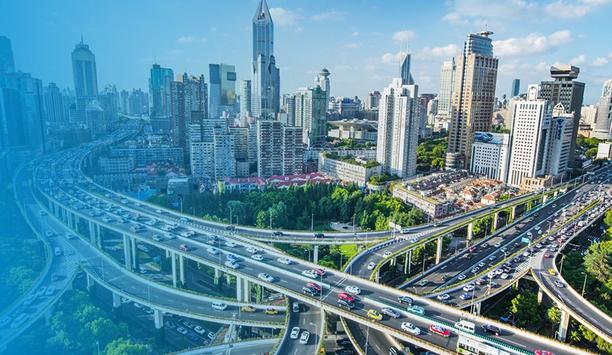 |
| Panasonic will begin manufacturing products in energy-efficient facilities and will use fewer hazardous materials |
Sensitive to environmental considerations in the security and video surveillance industry, Panasonic System Networks Company of America is taking leadership by offering products manufactured in energy-efficient facilities, using fewer hazardous materials and emitting less CO2, and which also consume less power than previous Panasonic comparable models. Panasonic also strives for a reduced environmental impact by simplifying system designs and using less material in the manufacturing process.
Panasonic's sustainability initiatives reflect the company's long-standing commitment to environmentally responsible practices in procurement, production, transportation, operation and product end-of-life management. Highlights of Panasonic's environmental initiatives as applied to security and video surveillance include:
- Reducing the power consumption of Panasonic's video surveillance cameras by 47 percent over previous models. Other Panasonic security products are also designed for energy efficient operation in both on-mode and standby operation.
- Developing smaller-sized products that require less material in manufacture, conserving natural resources and yielding less material to recycle or safely discard at the end of product life.
- Creating products that enable the re-use of existing resources which helps to reduce waste. For example, Panasonic's BY-HPE111KT LAN Converter enables IP camera video data to be transmitted over existing coaxial cable
- Engineering systems that require fewer physical products in order to minimise environmental impact. For example, Panasonic's WJ-NV200 network disk recorder does not require a separate PC, and Power over Ethernet (PoE) solutions enable use of less cable.
- Achieving ISO14001 certification for environmental management at Panasonic's global manufacturing facilities. This is accomplished by reducing CO2 emissions and optimising productivity across all manufacturing processes, from minimising material waste to recycling water, other fluids and materials.
- Complying with the Restriction of Hazardous Substances (RoHS) directive by the European Union, based on a significant reduction in the use, and in some cases elimination, of lead and five other hazardous substances.
"Protecting natural resources is a key element of good corporate citizenship, and we in the security industry should help to conserve our planet's resources and minimise our negative impact on the environment," said Bill Taylor, President, Panasonic System Networks Company of America. "It's time for all of us to develop a greener consciousness and to translate that consciousness into action, and Panasonic is committed to doing our part."
Recognition of Panasonic's environmental activities has come from a number of external sustainability and investor rating organisations.
- 2011 Tomorrow's Value Rating (Aaa)
- 2011 Interbrand's Global Best Green Brands
- 2011 Newsweek Green Rankings
- 2011 FTSE4 Good Global Index
- SAM 2011 Gold Class
- 2011 Dow Jones Sustainability Index
- 2011 Global Index of Most Sustainable Companies




